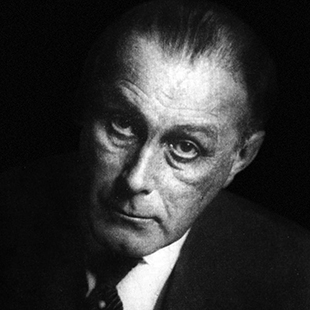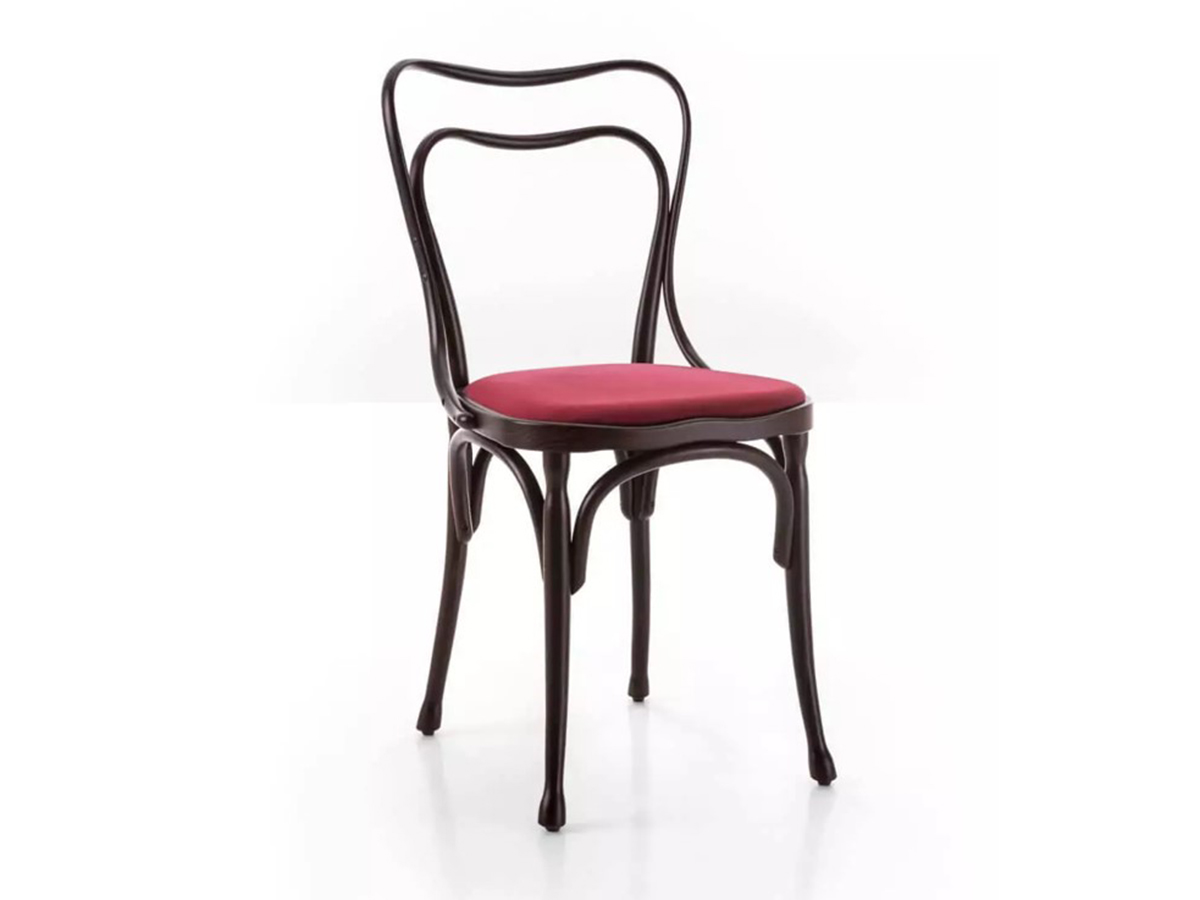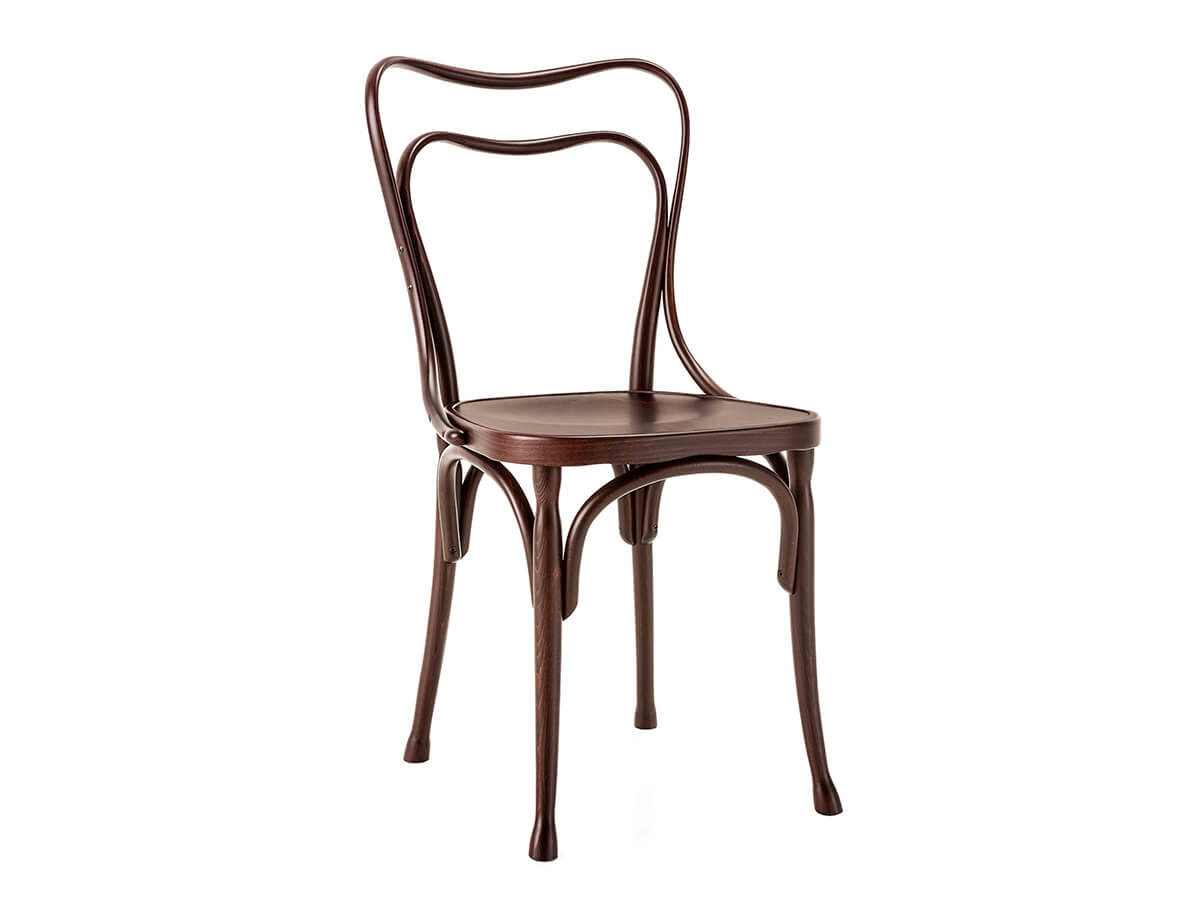Adolf Loos

Adolf Loos (1870-1933), Austrian architect of the early 1900s, was one of the first protagonists of the radical renewal of the concept of architecture that crossed Western culture in those years. His essay "Ornaments and Crime" (1908) paves the way for Modernism, pugnaciously advocating the abandonment of any decorative ambitions to favor above all the practical and utilitarian function of buildings. An idea of architecture that Loos consistently carries forward also in his design practice, strongly influenced by his youthful trips to the United States during which he has come into contact with the dry and chaste style of the Calvinist communities of the Shakers. Back in Vienna he launches into a bitter controversy with the architects of the Secession group, such as Otto Wagner and Josef Hoffmann, to whom he initially adheres but from which he soon detaches himself in opposition to the style that he consideres an expression of past. Instead, he has good relationships with the circles of the European artistic avant-garde, so much so that in the 1920s he designes the Parisian home of the surrealist Tristan Tzara. Other well-known projects are the Café Museum in Vienna (1899), Villa Kramer in Montreux (1903-06) and the Looshaus (1909-11), also in Vienna, a city for which he briefly holds the role of chief architect in the difficult period following the First World War. A chair designed by him is now re-proposed in the Gebrüder Thonet Vienna catalog, while many of his lamps are reissued by the Austrian lighting brand Woka.
Filter by: Brand Category
Versions Gebruder Thonet Vienna Loos Café Museum Chair
X
 Gebruder Thonet Vienna
Loos Café Museum Chair
Adolf Loos
Gebruder Thonet Vienna
Loos Café Museum Chair
Adolf LoosPrice starting from
€ 1.027,00

